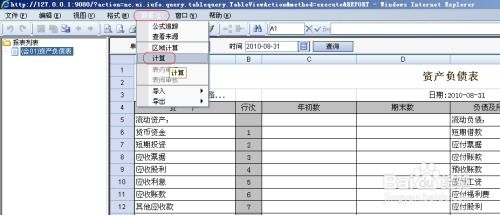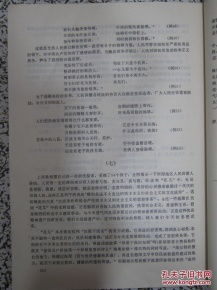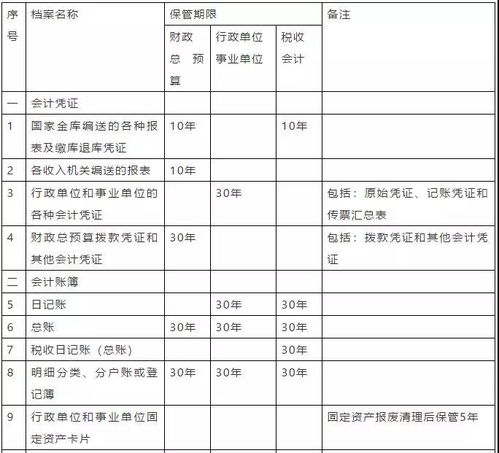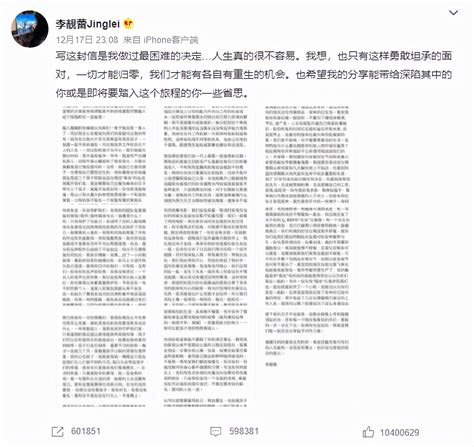寻衅滋事罪法律英语怎么说
Provocation and Disturbing the Peace Offense in Legal English
In legal English, the offense of "寻衅滋事" (xún xìn zī shì in Pinyin) is commonly translated as "provocation and disturbing the peace" or "provocation and troublemaking."
The "寻衅滋事" offense typically involves intentionally provoking a disturbance or engaging in behavior that disrupts public order. It can encompass a range of actions, from starting fights to instigating riots or engaging in disruptive behavior that interferes with the peaceful conduct of public or private activities.
The term "provocation" refers to the intentional stirring up of conflict or disturbance, often through words or actions designed to incite anger or inflame tensions. "Disturbing the peace" involves behavior that disrupts the tranquility and order of a community.
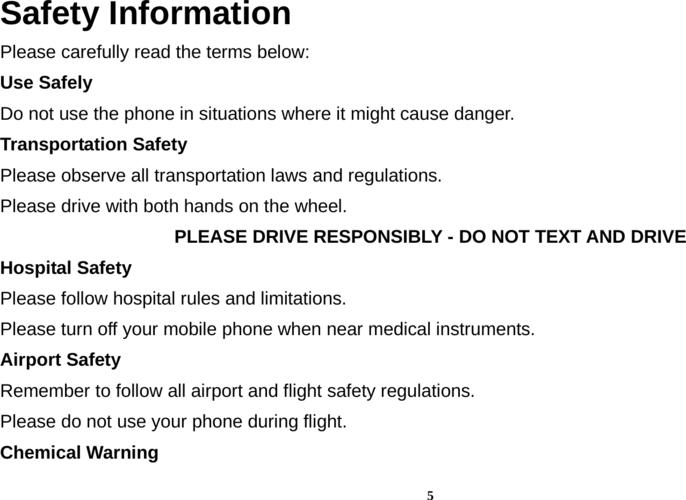
In legal contexts, the elements of the offense of "provocation and disturbing the peace" may vary based on the jurisdiction and the specific legal framework being applied. However, common elements of the offense may include:
1.
Intent:
The prosecution must often demonstrate that the accused acted with the intent to provoke or disturb the peace. This intent may be inferred from the individual's actions and statements.2.
Disruptive Behavior:
The accused's conduct must have interfered with public order, tranquility, or the peaceful conduct of activities. This can include physical altercations, inciting riots, or engaging in behavior that creates a public disturbance.3.
Public Location:
In many cases, the offense of "provocation and disturbing the peace" applies to behavior occurring in public spaces, where the disruption has a broader impact on the community.4.
Potential for Harm:
The prosecution may need to establish that the accused's actions had the potential to result in harm, whether physical, emotional, or societal.Given the seriousness of the "provocation and disturbing the peace" offense, individuals facing such allegations should seek legal counsel to understand the specific charges, potential consequences, and available defense strategies. It is essential to engage with an experienced attorney who can provide guidance and representation throughout the legal process.
Furthermore, understanding the legal terminology and nuances of the offense in both English and the relevant local language is crucial for effective communication with legal professionals and the judicial system. Interpreters or translators may be necessary to ensure accurate understanding and communication if language barriers exist.
In conclusion, the offense of "provocation and disturbing the peace" in legal English encompasses intentional actions that provoke disturbances and disrupt public order. As with any legal matter, seeking timely and expert legal advice is essential for individuals involved in cases related to this offense.

